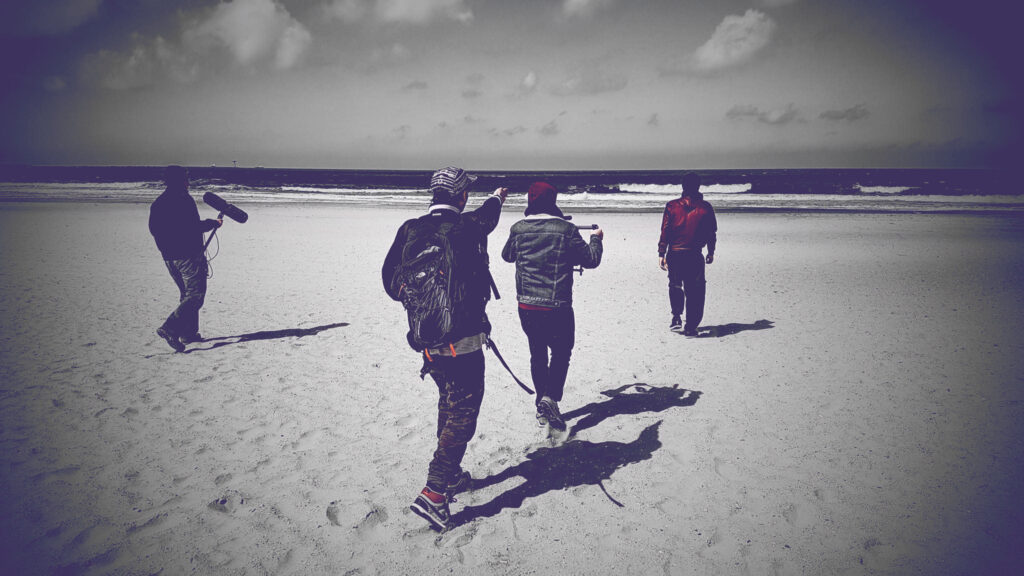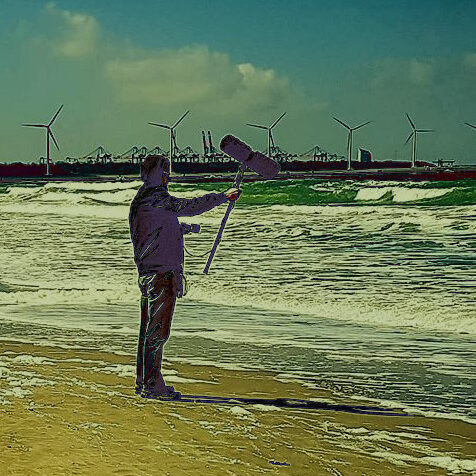Sound design should be seriously considered in pre-production by the screenwriter or director as an element that could shape the narrative and help inform creative decisions in the other crafts.

Sound is information that is interpreted up to 20000 times per second for most of our species. Imagery is interpreted about 75 times per second, though we can lose track of separation at a way lower rate. Our ears never turn off. Not even when we sleep.
Sound is so pervasive and everyday that it often is treated as a necessary afterthought, a series of technical details you'll tackle at the first day of production and may have to tidy up at the very end of the creative process.
By assuming it has something to teach us, and by using more of our brain to think about it, asking ourselves questions like “How and why is it making me feel this way? What elements of my history and its history are contributing to what it has to say to me? Can I try to listen to it on its own terms as well as on my terms?”, puts the creative process on a track of incorporating sound into the product as a whole. Whether you are developing the script, creating a demo or looking to get a script into production adding in sound can make a huge difference in translating inspiration into practice.
A fuller, more informed experience is the reward. Interacting with the director this early creates room for ideas that would shape principal photography to some degree, and some of them would be impossible to accomplish remedially in post-production.

The process always starts with incorporating the sound ideas that are already explicit or implicit in the script, and inevitably sound-related ideas will occur to that are not in the script at all and might be good additions. Incorporating some of these ideas into the story would require changing the script, and some would influence how a scene is shot.
Whether I mention any of these “re-write” thoughts to a director/screenwriter depend on several reasons, the main one being how open to that kind of collaboration I think the person is. It’s common for other department heads, like the production designer and the cinematographer, to make script suggestions relating to their crafts, so I’m always advocating for sound design to enjoy the same creative open door.
Another reason to get sound design involved in an early stage is so that when the time comes to scout locations, together with the production sound mixer, boom ops and assistants a plan for capturing the required sound can be made that will save time during production and will assure minimal issues in post-production.